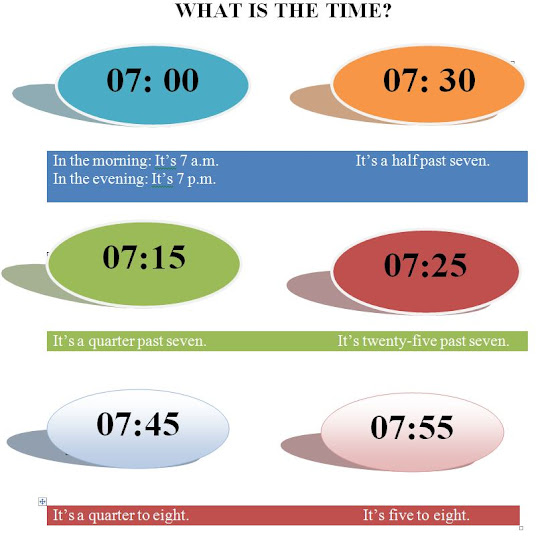LEARN VOCABULARY ABOUT TRAFFIC GOING ABROAD

LEARN VOCABULARY ABOUT TRAFFIC GOING ABROAD VOCABULARY ABOUT TRAFFIC PRACTISE YOUR ENGLISH VOCABULARY ABOUT TRAFFIC https://eslgold.com/vocabulary-words-and-phrases/traffic_terms/
The aim of this blog is to give you new possibilities to start or improve your British English to travel. It could be a challenge to practice English alone, but if you are strongly motivated, learning English will bring you better travels. Surrounding yourself in vocabulary, grammar, dialogues and exercises related to travel, you will get links to audio, video, games and free lessons too. Almost everything for this learning process you can get right here.





